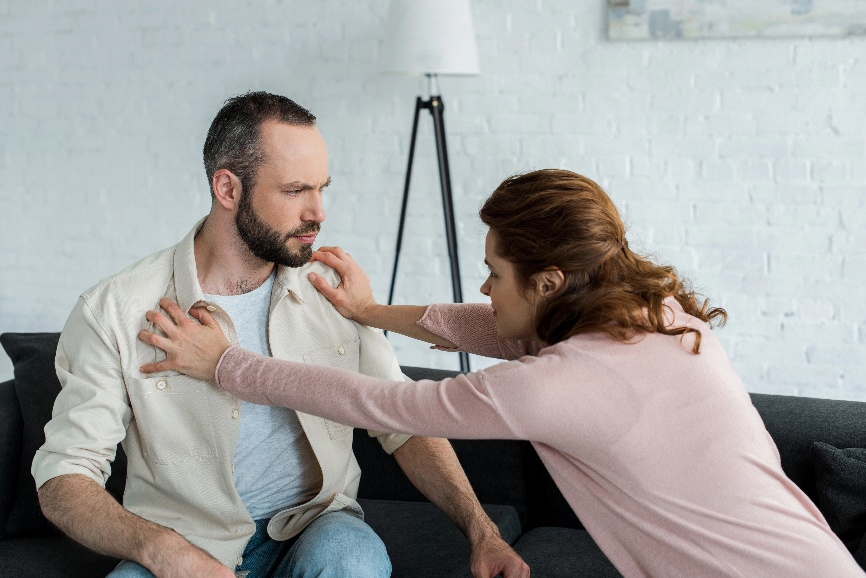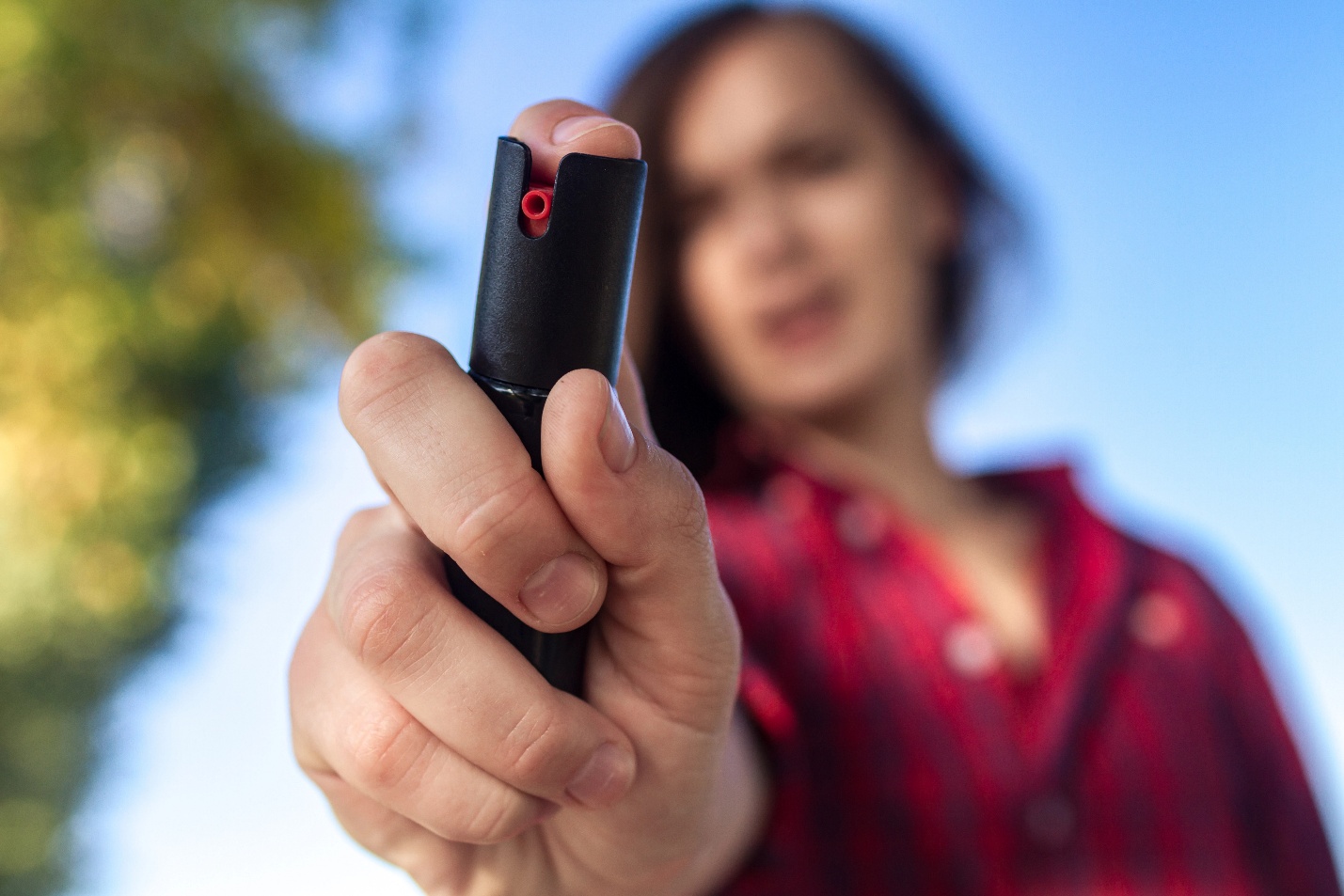Voyeurism has been a crime under the Criminal Code of Canada (the Code) since 2005, punishable by up to five years in prison. If the Crown proves that the accused person also intended to commit certain other sexually-based crimes while engaging in the voyeurism (ex: recording minors and intending to sell the recordings), they could also be placed on the National Sex Offender Registry.
In this article, we will go through the definition of voyeurism under the Code, discuss the Crown’s responsibilities in proving a charge of voyeurism, and discuss how a lawyer would defend you if you are charged.
What is Voyeurism?
Under Canadian law, voyeurism is secretly observing or recording a person who is naked or is engaging in a sex act when that person is in a place where they have a reasonable expectation of privacy.1 Be sure to distinguish the legal definition of voyeurism from other definitions, as the term is used differently in other contexts.2
Some examples of voyeurism are:
- Installing a camera in a clothing store’s ceiling in a change room.
- Looking through a peephole into a locker room at a gym.
- Secretly taking photos of a roommate while they’re having sex in their bedroom.
- Hacking into someone’s webcam and recording them while they’re undressing.
What To Do If You’re Accused of Voyeurism
First, contact a lawyer who has experience defending clients against this charge. Your lawyer will ensure your rights are respected and will work with you to mount a defence.
Next, record everything you can recall about the incident in question. Collect any documents, records of interactions, or other information that might be pertinent. For example, if you thought the voyeuristic act was done with the complainant’s permission, you might have exchanged texts with them about it. Take a screenshot of those texts and save them to a secure server and on your device. If you were with other people when the voyeurism is alleged to have happened, make a list of those people for your lawyer, and save anything that supports this defence.
Finally, follow your lawyer’s instructions closely and ask for clarification on anything you don’t understand.
How Will a Lawyer Defend Me Against a Charge of Voyeurism?
Your lawyer will take a multi-step approach to your defence. The key things they will do for you are:
- Contact the police to determine the exact nature of the charges.
- Review the complainant’s statement and any other evidence the Crown has.
- Attempt to get the charge dropped. Your lawyer may find inconsistencies or inaccuracies in the records that the police and the Crown have assembled. If these are serious enough to call the charge into question, your lawyer may bring these to the Crown Attorney and try to convince them to drop the charge.
- Attempt to convince the Crown Attorney to go with a lesser charge. Voyeurism is a hybrid (or dual) offence in the Code, meaning that it can be charged as a summary offence or an indictment, with a summary offence being less serious.
- Work with you to develop a defence if your case goes to trial.
- Attempt to have your punishment reduced if you are found guilty.
Most Common Defenses in Voyeurism Cases
Every case of voyeurism is different, so the exact arguments your lawyer will use to defend you will depend on the case’s particulars and the evidence against you. These are the most common defences that are used against this charge:
- Your Charter rights were violated.
Under the Canadian Charter of Rights and Freedoms (the Charter), you have rights when you’re placed under arrest,3 including:
- To be told why you’ve been detained.
- To hire a lawyer and tell them what you want them to do.
- To have a trial within a reasonable time.
- To be released if you’ve been unlawfully detained.
You also have rights before you’re detained, such as your right not to be subjected to unreasonable search and seizure.4
- The facts don’t support that you were at the site or that you committed the alleged act.
Some examples of this defence: You were somewhere else at the time the voyeurism occurred; the evidence is a blurry recording that doesn’t show the complainant unclothed; the device used for the recording was owned by someone else.
- There was no actus reus (guilty act)5
To prove their case, the Crown must show that the act you’re accused of actually constitutes voyeurism. They must show that you secretly observed or recorded the person and that the person had a reasonable expectation of privacy in the setting. If, for example, the complainant was at a clothing-optional public beach and you took a photo of them, that wouldn’t be voyeurism because there’s no reasonable expectation of privacy when you’re in public.
- You lacked mens rea (a guilty mind)5
The Crown also has to prove that you committed the alleged crime for the purpose of observing or recording someone who was nude or whom you expected to be nude. They also have to show that you did it for sexual reasons. For example, if you installed a camera in a changing room to catch shoplifters, that is not voyeurism.
Depending on the details of the charge, your lawyer may use one of these defences, but others are also possible.
Conclusion
Allegations of voyeurism have increased significantly with the advent of smartphones and high-quality pinhole cameras. The laws around voyeurism are not complex but defending someone against a charge can be quite involved. If you’re accused of voyeurism, your outcomes depend on having the right counsel. The criminal defence lawyers at Zamani Law are highly skilled at defending people accused of voyeurism in Toronto. We understand the complexities of defending clients in your situation and will guide you with expertise and compassion when dealing with the criminal justice system.
Remember the first rule of being accused of voyeurism: Call a lawyer. Make that lawyer Zamani Law. We are ready to help you today. Contact us now for a free, no-obligation consultation.
References:
- Voyeurism in the Criminal Code of Canada: https://laws-lois.justice.gc.ca/eng/acts/c-46/section-162.HTML
- Paraphilic disorders: https://www.psychiatry.org/File%20Library/Psychiatrists/Practice/DSM/APA_DSM-5-Paraphilic-Disorders.pdf
- Rights under the Charter of Rights and Freedoms when you’re arrested: https://www.justice.gc.ca/eng/csj-sjc/rfc-dlc/ccrf-ccdl/check/art10.html
- Rights and Freedom under the Charter of Rights and Freedoms: https://www.justice.gc.ca/eng/csj-sjc/rfc-dlc/ccrf-ccdl/rfcp-cdlp.html#s3
- Mens Rea and Actus Reus https://certificate.queenslaw.ca/blog/the-brains-and-brawn-of-criminal-law-mens-rea-and-actus-reus





